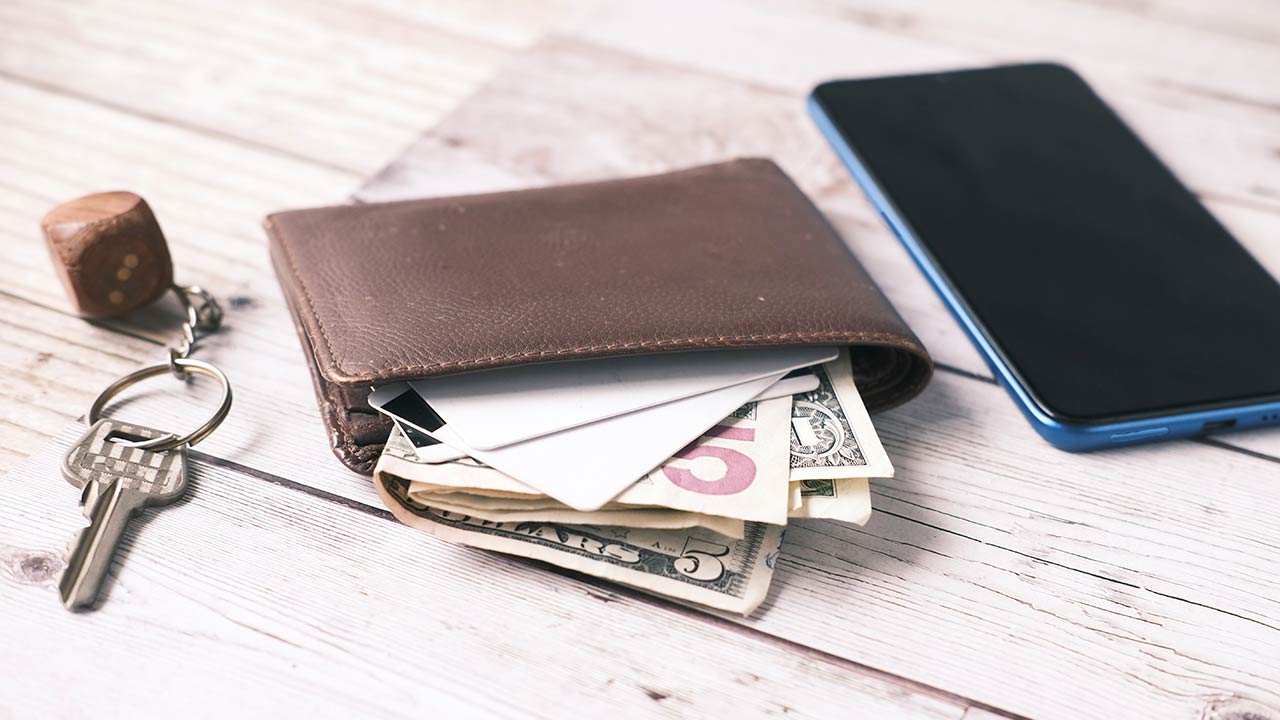If you’re looking to take out a loan for your next holiday but have bad credit, don’t worry – there are still options available to you. In this blog post, we’ll share three tips for taking out a holiday loan with bad credit. With a little bit of planning and research, you can find a loan that will work for you and help make your holiday dreams a reality.
Get a cosigner.
If you have bad credit, one way to improve your chances of qualifying for a holiday loan is to get a cosigner with good credit. A cosigner is someone who signs the loan agreement with you and agrees to repay the loan if you default. Having a cosigner with good credit can help you qualify for a better loan because lenders will view your loan as less risky.
A cosigner can help you get a lower interest rate.
Another benefit of having a cosigner with good credit is that it can help you get a lower interest rate on your loan. This is because lenders will view your loan as less risky and therefore be more willing to offer you a lower interest rate.
A cosigner can help you get a larger loan amount.
Yet another benefit of having a cosigner is that they can help you qualify for a larger loan amount. This is because lenders will view your combined incomes and credit histories when considering how much money to lend you. So, if your cosigner has good income and credit, it may enable you to borrow more money than you could on your own.
Shop around.
When you’re looking for a loan, it’s important to compare interest rates from different lenders. This way, you can ensure that you’re getting the best deal possible. Interest rates on holiday loans can vary widely, so it pays to shop around.
Compare loan terms.
Loan terms are another important factor to consider when shopping for a holiday loan. Some loans may have shorter terms, while others may have longer terms. It’s important to choose a loan term that you’re comfortable with and that fits your budget.
Compare fees.
Finally, don’t forget to compare fees from different lenders when you’re looking for a holiday loan. Some lenders may charge higher fees than others, so it’s important to find the lender with the lowest fees.
Consider a secured loan.
A secured loan is a type of loan that is backed by collateral. Collateral is an asset that can be used to secure the loan, such as a home or car. If you default on the loan, the lender can seize the collateral and sell it to repay the loan.
A secured loan may have a lower interest rate.
A secured loan may have a lower interest rate than an unsecured loan because the lender has less risk. With an unsecured loan, the lender has no way to recoup their losses if you default on the loan. With a secured loan, the lender can seize and sell the collateral to repay the loan.
A secured loan may have a longer repayment term.
A secured loan may have a longer repayment term than an unsecured loan because the lender has less risk. With an unsecured loan, the lender has no way to recoup their losses if you default on the loan. With a secured loan, the lender can seize and sell the collateral to repay the loan.
Conclusion
If you have bad credit and are considering taking out a holiday loan, there are a few things you can do to increase your chances of getting approved. First, get a cosigner with good credit. A cosigner can help you qualify for a better loan, get a lower interest rate, and borrow a larger amount of money. Second, shop around and compare interest rates, terms, and fees from different lenders. And finally, consider a secured loan. A secured loan is backed by collateral, which may help you get a lower interest rate and longer repayment term.
No matter what route you decide to take, make sure you understand the terms of the loan before signing anything. And always remember to budget for your holiday expenses so you don’t end up in debt after the holidays!
